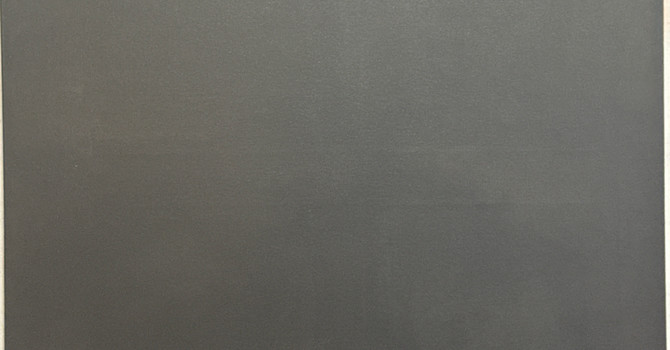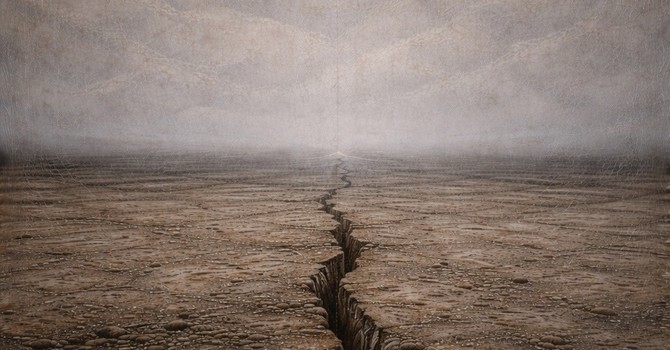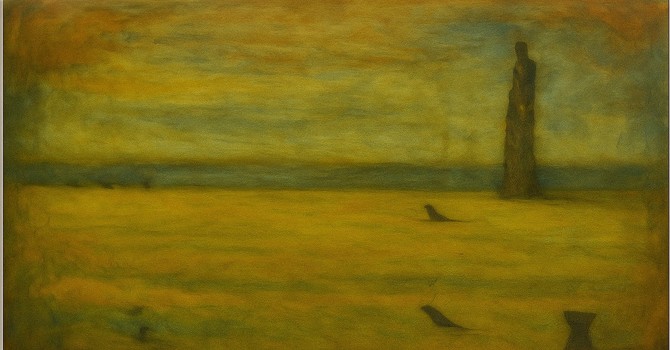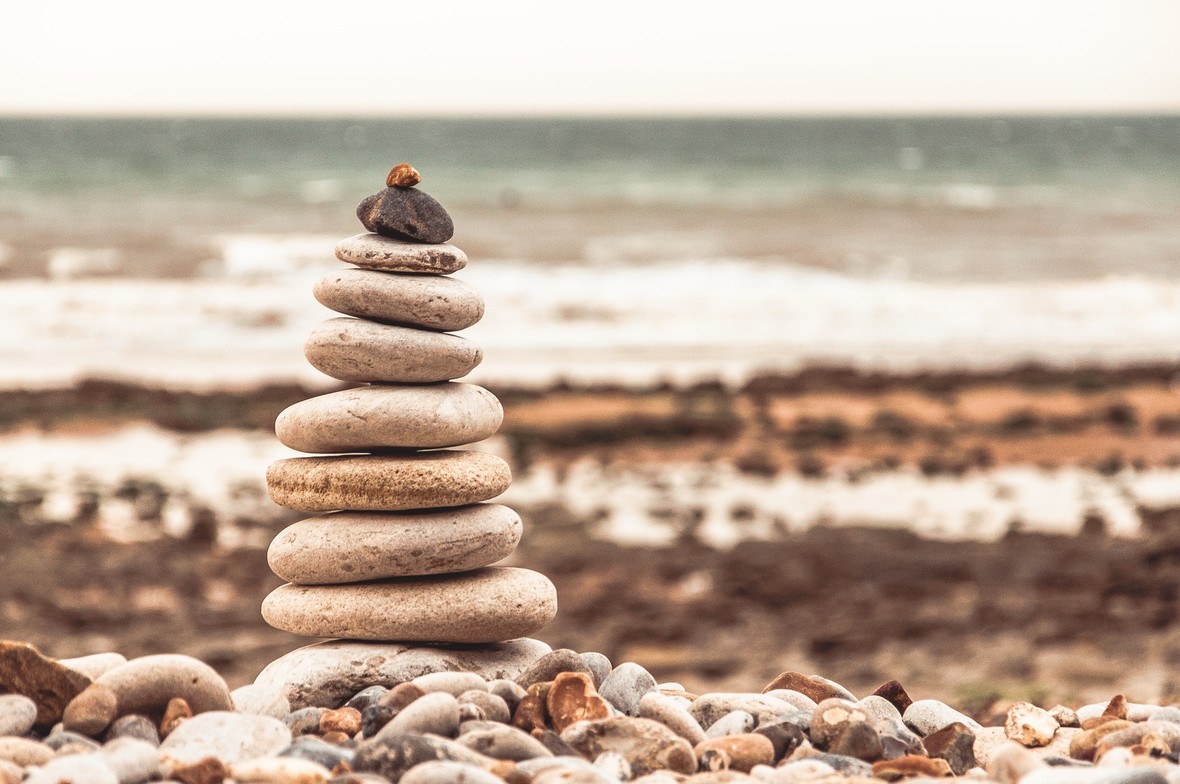
To believe fully and sustainably in Love it helps to understand it—more than a felt sense that it comes from somewhere, but an understanding that it has a particular way of arriving, being present in our lives, and a trajectory through which it either flourishes or languishes. And having the sense of something doesn't make us experts or masters of something. It's just the minimum viable condition for the existence of that something.
As someone who has dedicated their life to developmental coaching and psychotherapy, I'm still looking for more than the minimum viable. I'm driven by the question: what does it take for Love to flourish in our lives? To be present as an earned result of our ways of seeing, checking and acting in the world?
How can we develop Love more fully?
One premise of the developmental philosophy my life is built around is that humans grow and adapt progressively through measurable states and stages of development. Traumatic events sometimes interrupt our developmental trajectory, but the urge to adapt, heal if necessary, and flourish is always present—until the end. This impulse to evolve is part of the human code.
I was raised until adolescence in an evangelical hippy Christian community. Strange mix, huh? They espoused the raising and development of consciousness. Many of them certainly did so and went on to do great things with their lives. As all cultures meet their apex, so did this community, where some like myself were left marginalized.
I remember the day I lost my faith in the BIG G. I was losing connection with this faith community and was traumatized by family violence. The trauma began manifesting physically with a dysregulated nervous system and the mysterious emergence of physical spasms and chronic pain. Signs that are now well documented in trauma literature and symptoms I work with in my client work as a coach and therapist.
During one such bout, I was at home on the bathroom floor. The cool touch of the floor was the most soothing place to go into a seizure. As I endured this episode, I prayed to the Big G. to please take away my pain, and I promised to live a holy life in return. The pain didn't stop. I made an 11-year-old decision about The Big G. and Faith that would shape the rest of my life.
I can look back on that experience and recognize it as seminal. This moment imbued my life with a loneliness I have only recently stepped out of. I can witness the instinctive, innate intelligence of that 11-year-old searching for a reflection from the divine to explain his existence and purpose in enduring such pain and suffering. I can be present to the anger and frustration at his seeming inability to dialogue with the creator and creation.
Three short years ago, I read Viktor Frankl's Man's Search for Meaning and how he survived the concentration camps of the Holocaust. Not just one, but four!. Frankl talks about how being of service to his fellow prisoners carried him through this personal and collective apocalypse of Nazi Germany and World War II.
Abraham Maslow, the creator of the hierarchy of needs, shared a similar insight. From the time he first wrote about the hierarchy of needs until the last year or two of his life, he placed Self-Actualization at the top of the pyramid. Only after a heart attack and a reevaluation of his life did Maslow come to the assertion that people cannot achieve Self-Actualization by focusing on Self-Actualization. Instead, he asserted that the path to Self-Actualization was paradoxically through Self-Transcendence.
When I think of Frankl and Maslo together, I understand that we can only self-actualize and become the whole version of ourselves in our commitment and devotion to other human beings and life itself. Here we come back full circle to the importance of making Love measurable, which I started in my previous blog post, I Remember Hate. This developmental process starts with me but extends to WE (like our family, places of worship, teams, communities, companies and institutions, and yes, even sovereign states) and eventually to THEE and our sense of the Eternal.
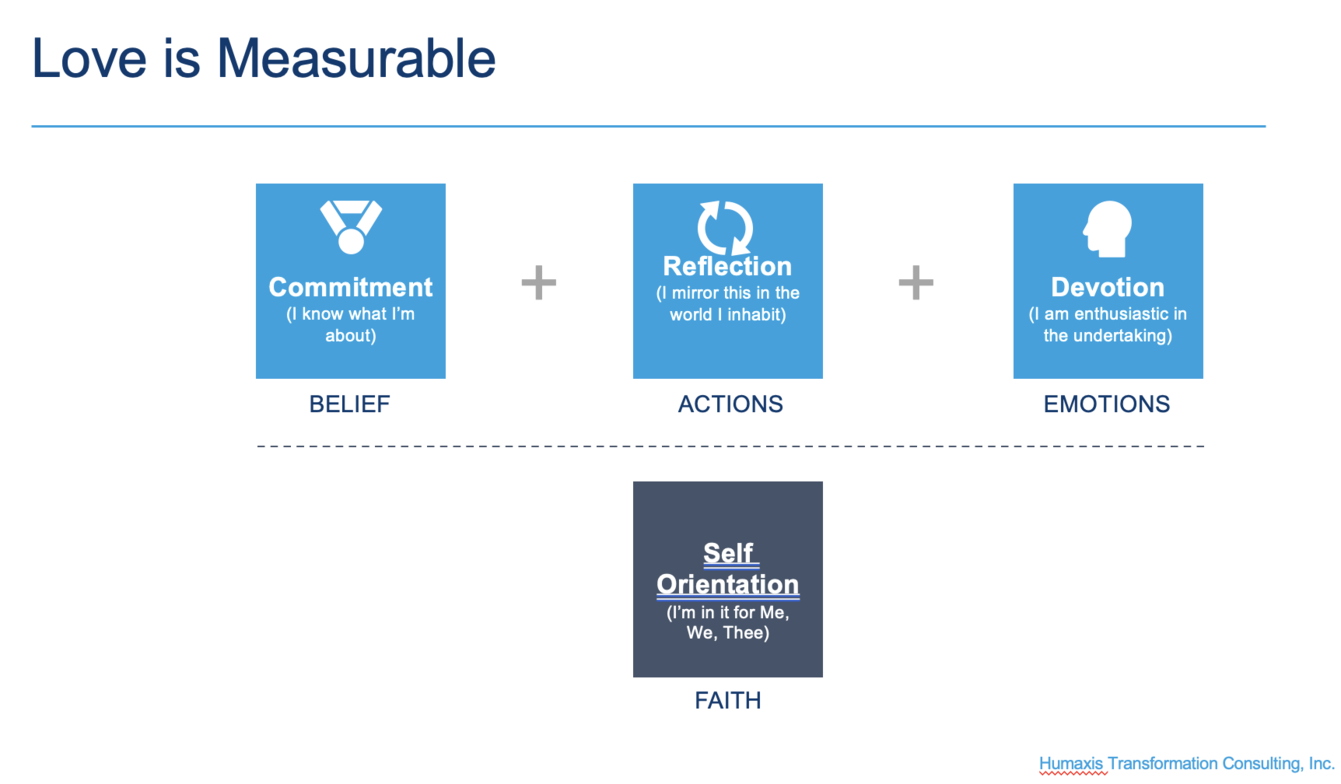
Several decades later, my Self-Orientation was still mainly about ME, but with a strange sense of Grand Openings in Design born from psychedelic-assisted healing and a calling towards a higher purpose. Grandiosity in trauma victims is another sign of the incredible power of the human spirit to overcome and for life's emergence to shine through.
Several years ago, I was asked to consider that every human has unique access to The Divine through one of Plato's transcendental values of Goodness, Beauty, and Truth, and in actuality, through all three. Since receiving this teaching, I've centred my relationship with the Divine through Beauty and, increasingly, through Truth and Goodness. My healing and development path have opened me up to the interconnectedness of life and how much there is in life to be grateful for and cherish. This experience of transforming from my 11-year-old self to the present Self has been a hard-won development journey.
Before I could discover faith in the Eternal qualities of life, I had to develop faith in other human beings. Before I could have faith in other human beings, I had to create faith in myself. Enduring faith grows from ME to WE to THEE. This developed faith is the proper foundation and virtue of Western culture.
So, Faith is the basis and denominator of our Love Equation. Our Self-Orientation empowers each of Commitment, Reflection, and Devotion. As our self-orientation grows, so does our sense of Belief, capacity for Action, and Emotional bandwidth. From each of these, Love emerges. To liberate Love is to Liberate ourselves and others to develop and live more fully in the world. And, of course, developing Love is messy. Anyone who's changed or been changed with diapers has an inherent understanding of this.
How do we liberate Love with an equation?
We make Love workable, and we develop it.
I believe this is true no matter where we seek the emergence of Love: in our hearts, in our intimate relationships, in our families, in our communities, in our vocational and devotional relationships with those we serve, and perhaps ultimately in our relationship with the Divine.
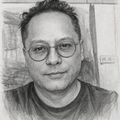
Christopher Lee Chang
Contact Me
